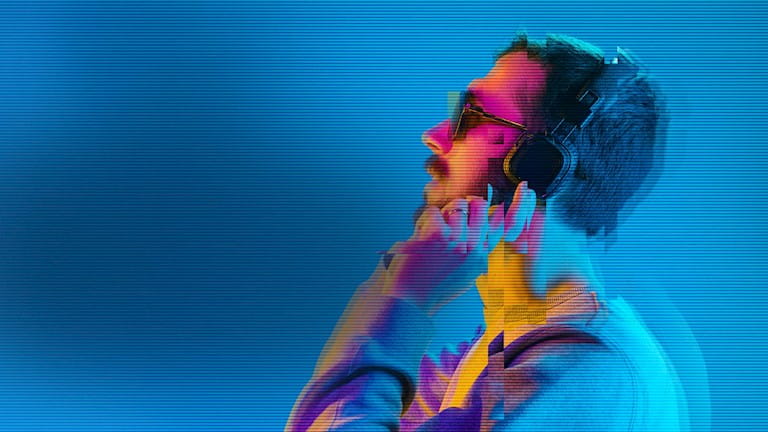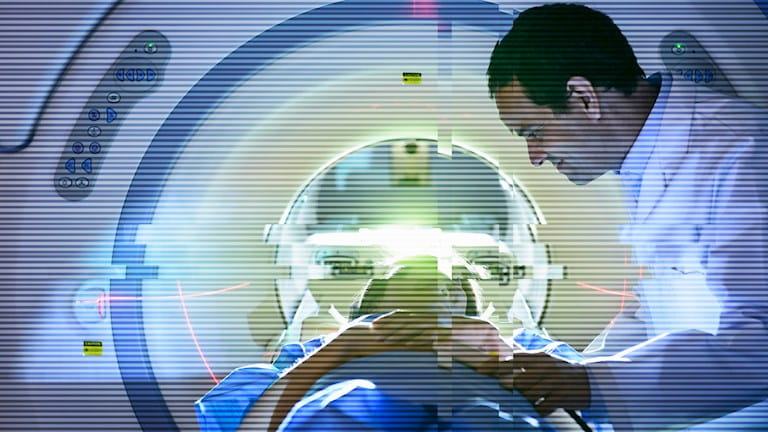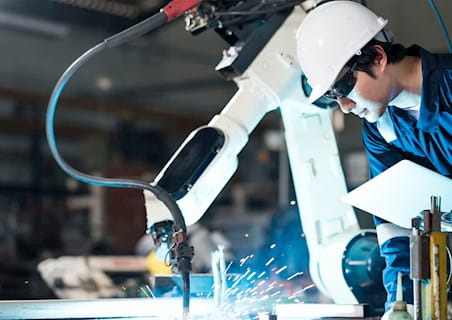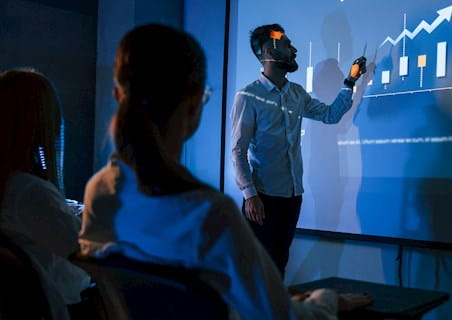Episode 6: What does it mean to put the customer first?
Tiffani Bova, Global Growth Evangelist at Salesforce, Executive Advisor, Keynote Speaker and Best-Selling Author, Pablo Alejo, Managing Director, Product Experience & Engineering Lab, West Monroe
Q&A
You've spent most of your career helping companies create customer experiences to grow their businesses. What are some of the most common questions that you receive about helping to engage with customers?
Tiffani: Over the decade that I was advising clients as an analyst, they were often looking for the “one thing I should be doing.” What is the one thing I should be focused on, either because they're seeing a growth stall or because they are in kind of a hyper growth mode, if you will. And I'm here to say the one thing about growth is it's never one thing.
I was part of the team at Gartner that predicted the chief marketing officer would spend more on technology than the chief information officer. And we made that prediction in 2008 or 2009. We thought it would come true in 2014 or 2015. And we were pretty close to nailing the timeline, but it was not about the technology.
We knew that CMOs were going to start to take more and more ownership and control over the experience that customers had with brands. And there was no way to do that without engaging digitally, right? So that digital transformation spend, if you will, really was about this advantage of experience and customer experience being one of them. But it's also online and offline. So it's not just the CMO, right? It's everybody who has customer-facing roles, product developers, web developers, call centers, marketing, sales, all of those groups that have some kind of engagement with a customer play a role in the experience they get from companies.
Tiffani, recently you've been posting about the importance of employee recognition and how when done well, there are huge payoffs. What are your thoughts on how this plays into the overall customer experience?
Tiffani: People want to be empowered and enabled to do what they were hired to do. And unfortunately, career development, via investment in shoring up outdated technology or outdated processes and systems, takes a backseat. Executives have shown through the research that they will always default to making sure that the customer experience is first and foremost, and sometimes at the expense of career development for employees.
So employees were saying, “I want the systems and tools to do my job.” The average enterprise has 900 or so applications, and only 29% of those are integrated. So if those applications aren't integrated, the burden falls on the employee. If you’re not investing in the long-term career progression of your people, they're going to leave to go get that experience or training somewhere else.
If somebody wants to evaluate their customer experience or make improvements to their customer experience, what advice do you have for them? How should they get started?
Pablo:
In the end, it starts with the customer. And without truly understanding what the customer's going through, it's very hard for us to really create anything of meaning.
”
However, David Ogilvy has this quote and it says, “consumers don't think how they feel.” They don't say what they think and they don't do what they say. And that's a very true statement.
As humans, we're not machines. We're not programmable. Now granted, there are certain things you can see and watch and see what happens, but there's a lot of alchemy into understanding how human behavior works. Asking isn't always the only method of research–it's observing what they actually do. What are they trying to achieve? And that kind of helps us understand their motivation.
We have talked a lot about customer experience and this idea of customer centricity. Why is that important?
Pablo: It's funny to me, I feel like customer centricity is really about how an organization orients what it does and how it behaves to the products and services it creates. I've seen so many organizations so focused on creating something to get to market without really understanding what problem they’re solving for users. It's very critical that an organization understands who their customer is and what their customer is trying to achieve, then create the right products and services that actually solve those needs.
I do want to ask you both one final question: What does digital mean to you?
Tiffani: I have been so deep in tech for so long that it's really about how I can do the things I do daily faster, smarter, more efficiently. But more importantly for customers, how can they drive costs out of the business by automating, using predictive and AI and all of those things? I think it is literally going from analog to something that is technology driven. And it's not that everything needs to be digital and everything needs to be analog. There is the benefit between both working in harmony. So I do think tech is the foundation for digital, but not everything has to be digital.
Pablo: The idea of digital for me is returning humanity back to what work used to be. Looking at the processes and things we've created, we've become the robots. And to me, digital is a way for us to remove some of those inefficiencies and the blocking and tackling so I can get back to being a human. And there is a balance of understanding, you know, what can be connected and what can't. But in the end, one day I want to be able to wake up and not have to ever touch a screen. I want to just be able to have the things that I need done and never have to really worry about it. We're not there yet. And we probably won't be there for a while. But that's the vision that I see. And so I imagine a world where that's going to happen. And so for me, digital is just an aspect of how we get there. It's founded by technology, but it's built around human behavior.
Related Content
This is Digital
West Monroe's team of experts and guests pull back the curtain on how to build digital throughout an organization. Through real-world examples, you will learn how to spot digital transformation in real life, and how to make small decisions every day that make a big impact on growth.
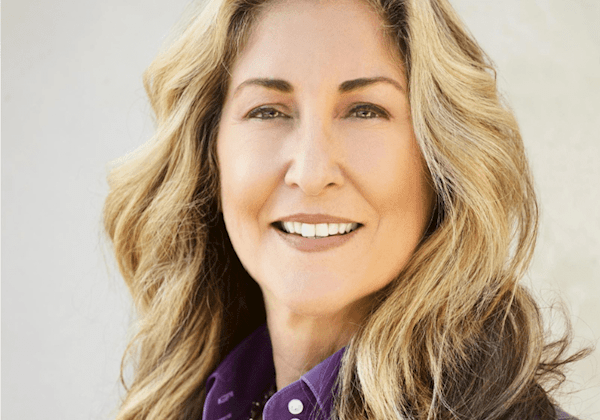
.jpg?cx=0.5&cy=0.5&cw=600&ch=420&hash=15B382D11335516CCF35111341772F40)

